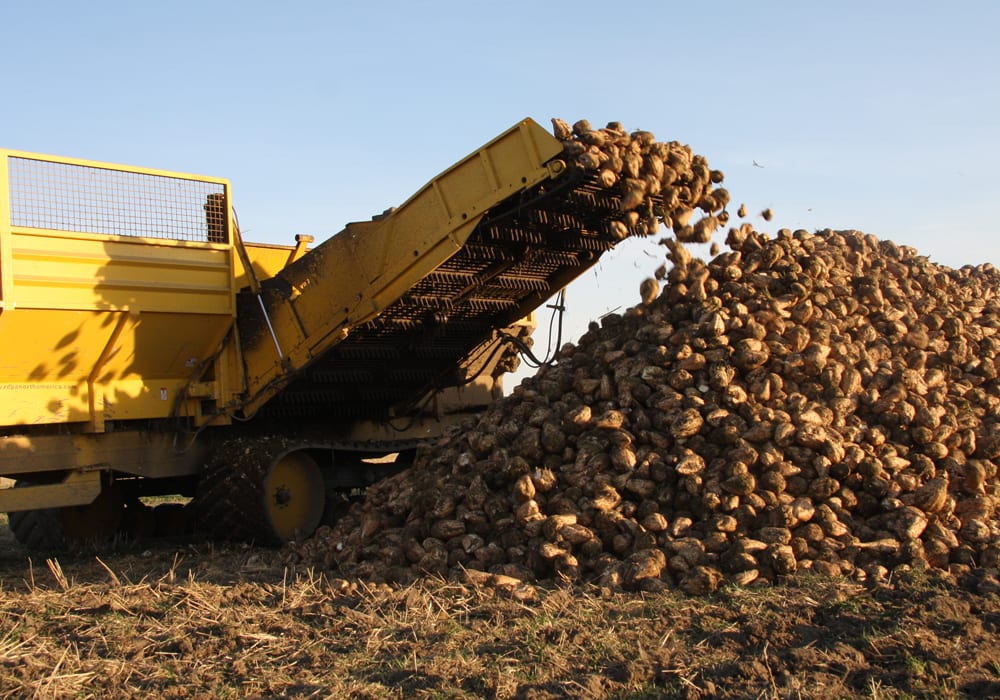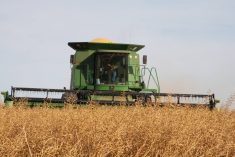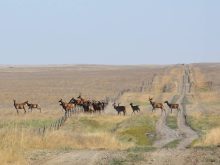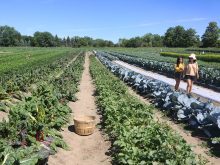Alberta sugar beet growers made gains for their product in the new U.S.-Mexico-Canada Agreement signed Sept. 30.
Under its terms, refined beet sugar gained access for another 9,600 tonnes, which is an increase to the 10,300 tonnes of access already in place.
“Canadian sugar did gain additional access to the U.S. market, which is good news for us and our processor as well,” said Alberta Sugar Beet Growers president Arnie Bergen-Henengouwen.
Given that the only beet sugar processor in Canada is the Lantic (Rogers) plant in Taber, Alta., that means the additional tonnes have to come from the Taber plant and Alberta growers.
Read Also

Canada told trade crisis solutions in its hands
Canadians and Canadian exporters need to accept that the old rules of trade are over, and open access to the U.S. market may also be over, says the chief financial correspondent for CTV News.
In addition to the increased quota for beet-specific sugar, the agreement also allows for another 9,600 tonnes of sugar-containing products from any Canadian source. Lantic, based in Montreal, also processes cane sugar, so that additional access may or may not involve Alberta-sourced beet sugar.
“I think it makes the case for some potential additional investment into the Taber plant,” said Bergen-Henengouwen.
“That’s almost 20,000 tonnes of sugar.”
Based on average sugar content from the crop, he said that equates to about 4,000 additional acres of beets.
“I’m hoping that that will keep our acreage up, for sure.”
The USMCA also gives Canada the right to access any additional in-quota imports by the United States of refined sugar to a maximum of 20 percent, though that could be beet sugar or sugar from other sources.
U.S. imports from Canada might occur if it had a shortage of sugar, for example.
Bergen-Henengouwen said the gains for beet growers within the new trade agreement came as a surprise, given that in their last contact with negotiators about four weeks ago, they were told sugar hadn’t been mentioned at the bargaining table.
However, the text used in the deal was basically what was in the Trans-Pacific Partnership agreement that U.S. President Donald Trump pulled out of shortly after taking office.
“The text for the sugar part of it, basically they took it right out of the TPP. A lot of the work had been done prior to this, so I think they may have seen an opportunity to make a gain,” Bergen-Henengouwen said.
Though growers are “pleasantly satisfied” with their part of the deal, he acknowledged that there were winners and losers.
“Dealing with a country like that across the table from you, you knew they weren’t going to give in until they got a win under their belt. It was pretty clear what they had in their crosshairs.”
The ASBG is a member of the Canadian Federation of Agriculture, which noted the beneficial result for beet growers.
However, in an Oct. 2 news release, the CFA said farmers are generally disappointed with the USMCA because of its potential effects on supply-managed sectors.
“Canada has ceded further access to the U.S. for a number of agriculture and agri-food products, especially with respect to supply managed sectors such as turkey, dairy, chicken and eggs,” the CFA said.
“With additional access to our supply managed sectors already being given up in both CETA (Comprehensive Economic Trade Agreement with Europe) and CPTPP (the version of TPP without the U.S.), this aggregation of incremental access has the potential to irrevocably harm farmers working under supply management.”
The CFA did applaud retention of Chapter 19, the dispute-settling mechanism.


















